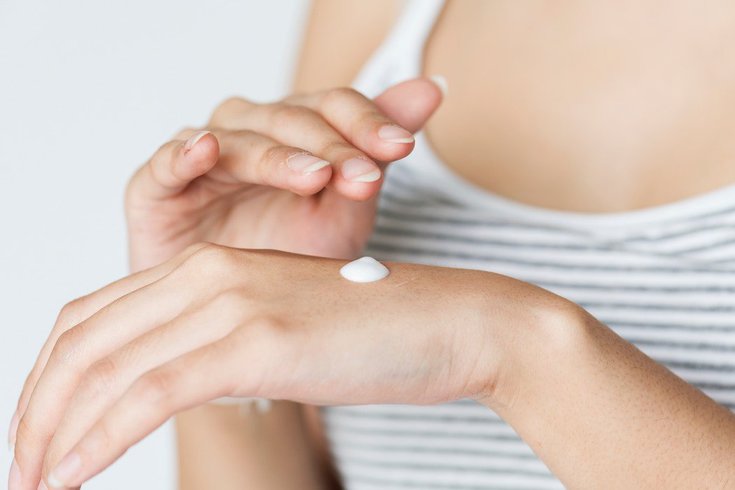While social distancing is drastically changing our daily lives, the move to spending more time indoors can negatively affect your skin.
Even for those who are healthy, staying home to reduce the spread of coronavirus is a big change in environment and routine, both of which can impact your skin. A change in diet, activity and air can result in facial breakouts, dryness and other negative reactions.
To combat those issues, there are simple tips you can use to practice good skin care by revising your daily routine, and using what you already have available in your home.
Reduce Stress
Social distancing poses a challenge to mental health, as it isolates people who may become lonely when separated from family and friends. While addressing mental health in this time is an issue in itself, depression, anxiety and stress can cause facial breakouts and premature aging. Taking care of your mental health first is a good way to begin your skin care practices.
Eat Healthy
With restaurants closed and grocery stores picked over, it may feel hard to maintain a balanced diet but that's one of the best ways to help your skin. If you can, try cooking meals with ingredients like fatty fish, green vegetables, blueberries, pumpkin seeds and walnuts – and avoid dairy. Stay Hydrated
Avoid Alcohol
Liquor store closures may encourage people to panic-buy bottles alcohol to enjoy while stuck inside. However, drinking alcohol harms the skin through immediate breakouts and long-term aging effects, and should be avoided, or at least should be drank in moderation.
Stay Active
While gyms are temporarily closed, people may be exercising less. Skipping your workouts will negatively impact your skin, though. It's important to stay active at home, as working out delivers blood flow and oxygen to your face, improving your skin and giving you that post-workout glow. Plus, negative effects that come with exercising outside – such as sunburns and chaffing from running clothes – are not a concern. Get Enough Sleep
Sleep is an important part of skin care. During sleep, the body goes into a regenerative and constructive mode, where it also makes collagen, according to Dermalogica.com. Even though your work schedule may change if you're now working from home, you should make sure to get enough rest for the benefit of your skin. Most studies say that adults need between seven and nine hours of sleep per night. Avoid Touching your Face
People are staying at home, meaning they may not be wearing as much makeup as they would if they had to venture out into the world. However, just because you won't mess up your lipstick, doesn't mean you should touch your face. Face-touching has been repeatedly warned against for spreading coronavirus, but
it can also spread dirt, oil, and bacteria to your face, which can clog pores.
Make DIY Face Masks
To help pass the time while taking care of your skin, try making a DIY face mask. There are plenty that you can make using materials found in your home and kitchen. Recipes for
home-made face masks are available
all over the internet. You can combine a variety of commonly-used food ingredients like egg whites, oatmeal, honey, plain greek yogurt, avocado, lemon, sugar and more to make a variety of different all-natural masks.

 rawpixel.com/Unsplash
rawpixel.com/Unsplash